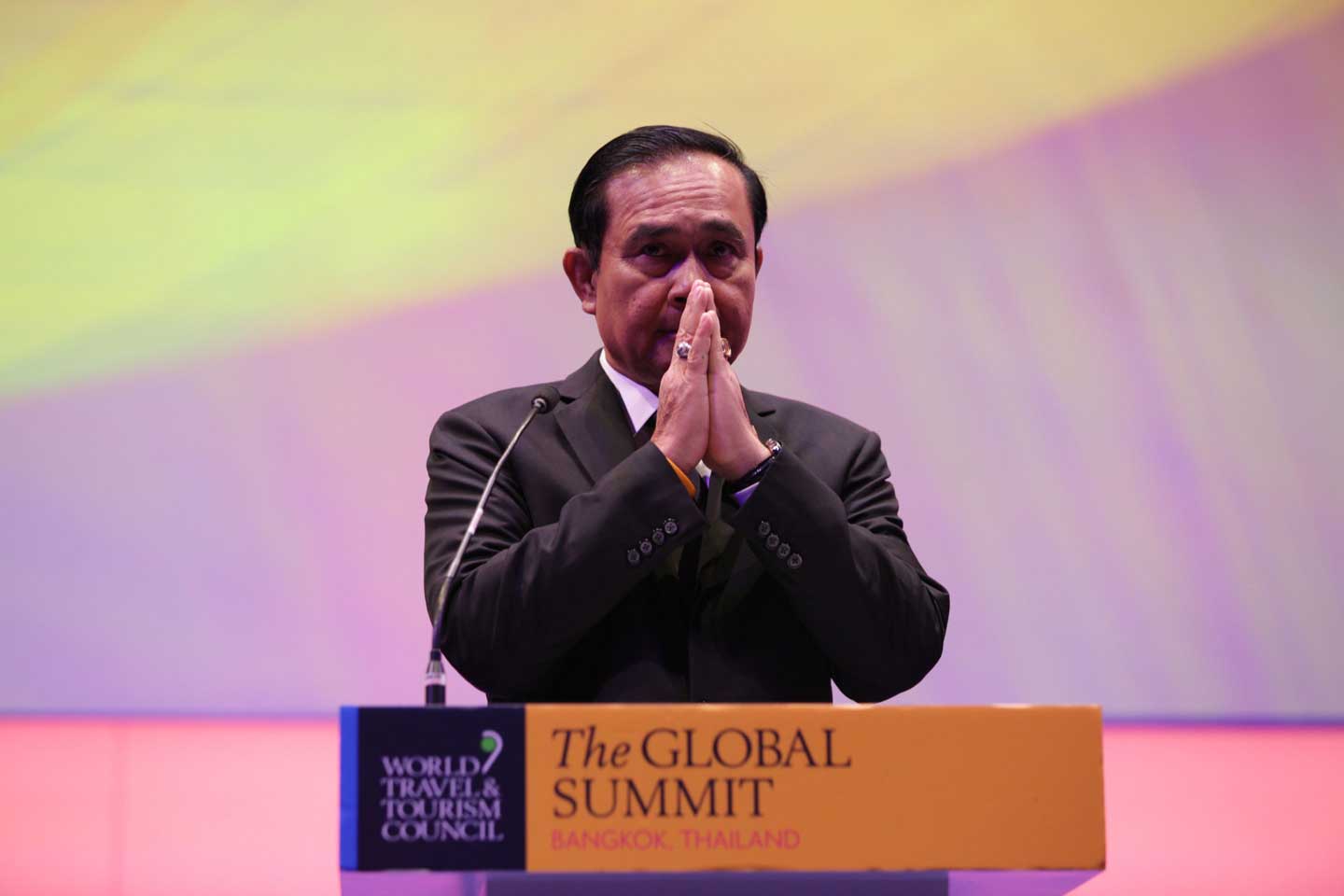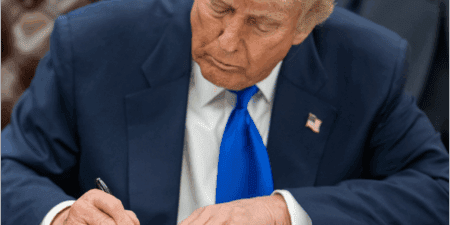As part of BGA’s analysis of developments on the ground in Thailand, the BGA Thailand team headed by Managing Director Art Siripant outlined the contours of the current political and economic situation in the country for clients earlier this month. The analysis, following a recent court order on previous street protests that rocked the country in 2013 and 2014, suggested that the first two months of 2021 have marked a strong change in the country’s direction, both politically and economically, which remain important to watch for the next few months.
The recent court order marks one of several key developments affecting Thailand’s political dynamics. It came on the heels of a no-confidence debate held in Thai parliament from February 16-20, which brought key themes to the fore including corruption, incompetent governance in managing issues ranging from mining to transportation, and, perhaps most of all, the handling of the coronavirus pandemic. While the number of Covid-19 cases has been falling since the peak in January, the government’s response to its vaccine rollout and measures such as the extension of the state of emergency have come under scrutiny.
The court order is a significant development, both on its own terms as well as within the context of Thailand’s broader political and economic landscape. Most directly, the loss of three ministers to a court order intensifies the sense of shifting political dynamics within the Palang Pracharat Party and its coalition, which could play out in several upcoming developments including a cabinet reshuffle. Current indications suggest that the associates of Deputy Prime Minister Prawit Wongsuwan are the most likely benefactors, which would suggest that he has been centralizing internal power.
The Constitution Court ruling to allow parliament to draft a new constitution via an elected Constitution Drafting Committee provides a possible solution to the political conflict, but in reality, it is more likely to set the stage for further political drama. The process is expected to drag on for years, including the requirement for two referendums from both sides and the desire by politicians to strip the unelected Senate of its constitutional power.
More broadly, the court order and related developments do also bear close watching for what they say about future political and economic dynamics in Thailand. Politically, the coalition government has continued to strengthen its position despite reportedly increasing internal turmoil and opposition inroads such as the recent no-confidence vote, and it is not in serious danger of being toppled before the end of its four-year term. But the dynamics of the protest movement remain much more uncertain. Though it has waned to a shadow of its former self, it has also pushed many protestors to more extreme measures amid growing frustration, which increases the risk of potential violence by hardliners.
Economically, the court order and other developments in early 2021 have not detracted from Thailand’s worrying future, with growth numbers pulled down by Covid-19 and economic management remaining the single biggest black mark on the government. The government has already had to rely on massive fiscal policies via schemes rolled out in 2020, and it is limited in options it can pursue as the government does not want its public debt to GDP ratio to get out of control.
To be sure, this does not mean that the country is necessarily headed for a bleak outlook. For all its faults, the coalition government remains in its strongest position since it came to power in 2019. And a successful vaccine rollout planned by the government could see the Thai economy opening to almost 2019 levels by the fourth quarter of 2021, especially by welcoming tourists from low-risk countries of origin. Much will depend as ever on how Thailand’s government and its people will navigate what looks like a murky political and economic future. As all this unfolds, the BGA Thailand team will continue to monitor ongoing developments on behalf of our clients.

Managing Director
Art is an intuitive leader with a strong set of relationships with Thailand’s government, business, media and civil society leaders. His network spans a diverse set of stakeholders, from farmers in rural Thailand to the top echelons of Thailand’s political leadership. Prior to joining BGA, Art spent a decade serving as the chief political advisor to the Australian ambassador to Thailand. In this role, he had a front row seat to the most significant political and economic developments in Thailand. Earlier, he served as an army intelligence officer in the Royal Thai Armed Forces. Art has played a central role ...
Read More


























